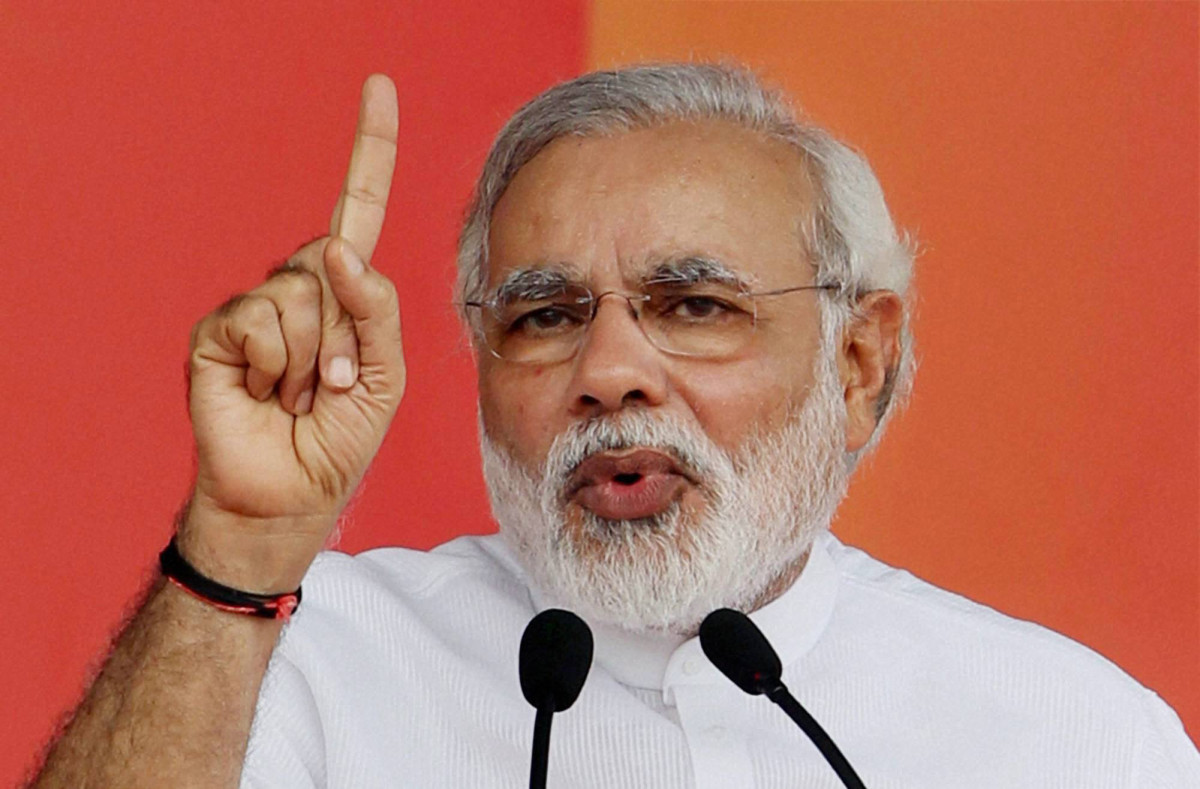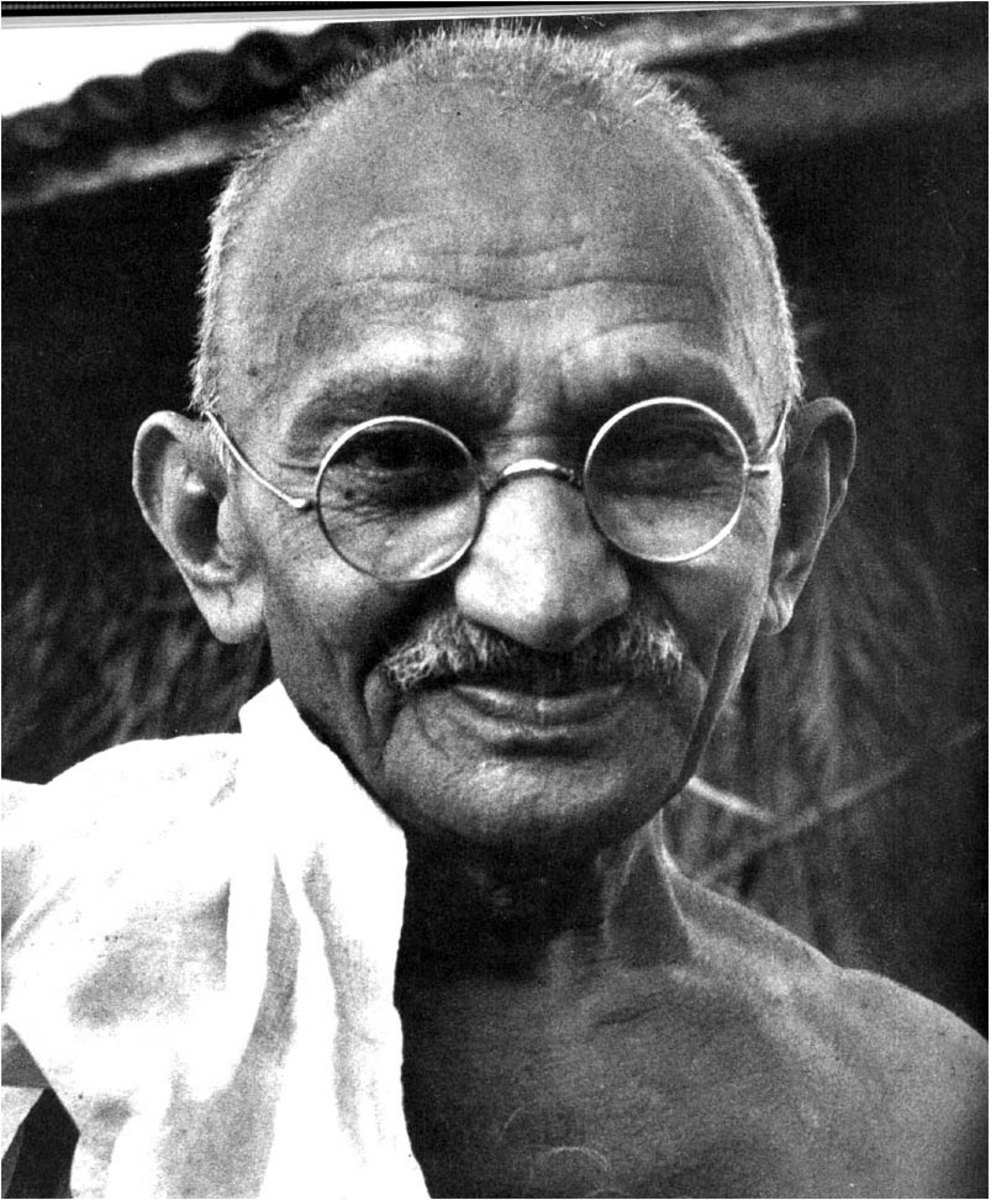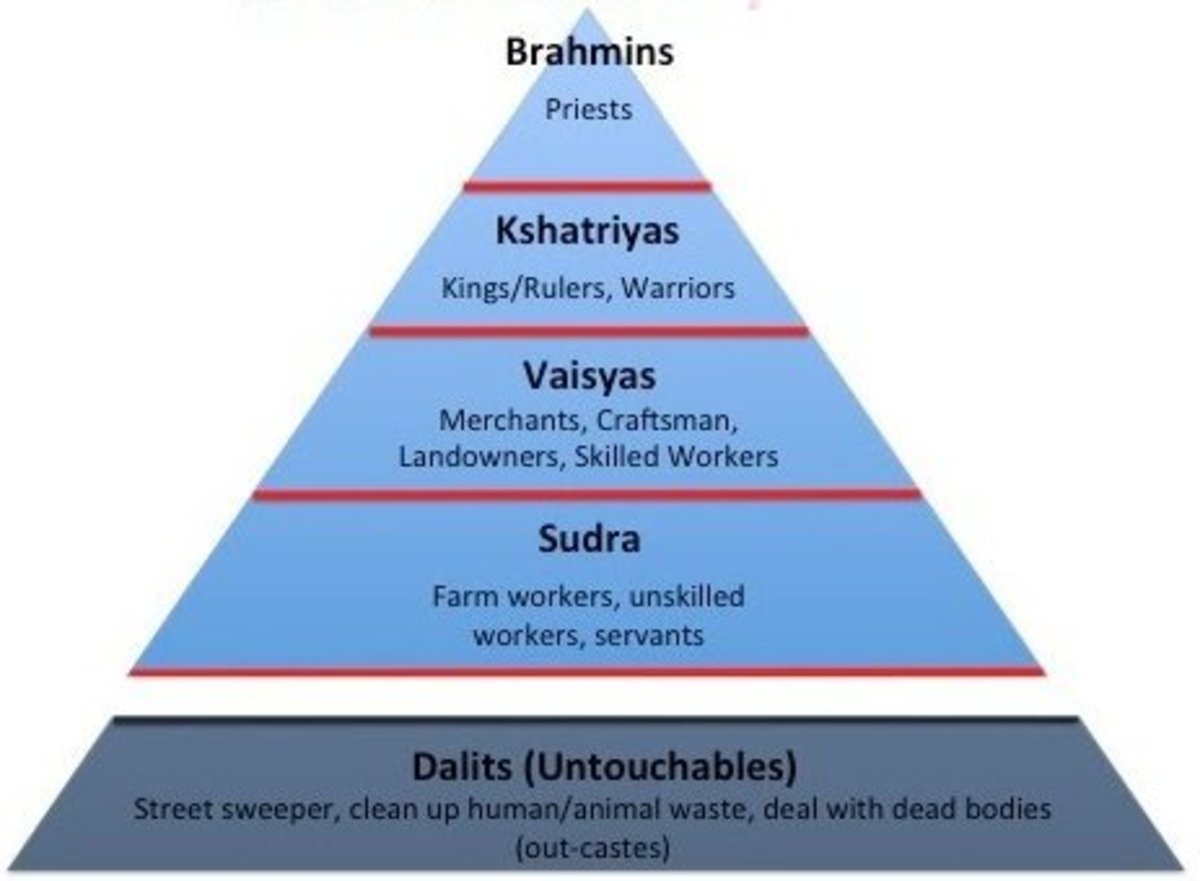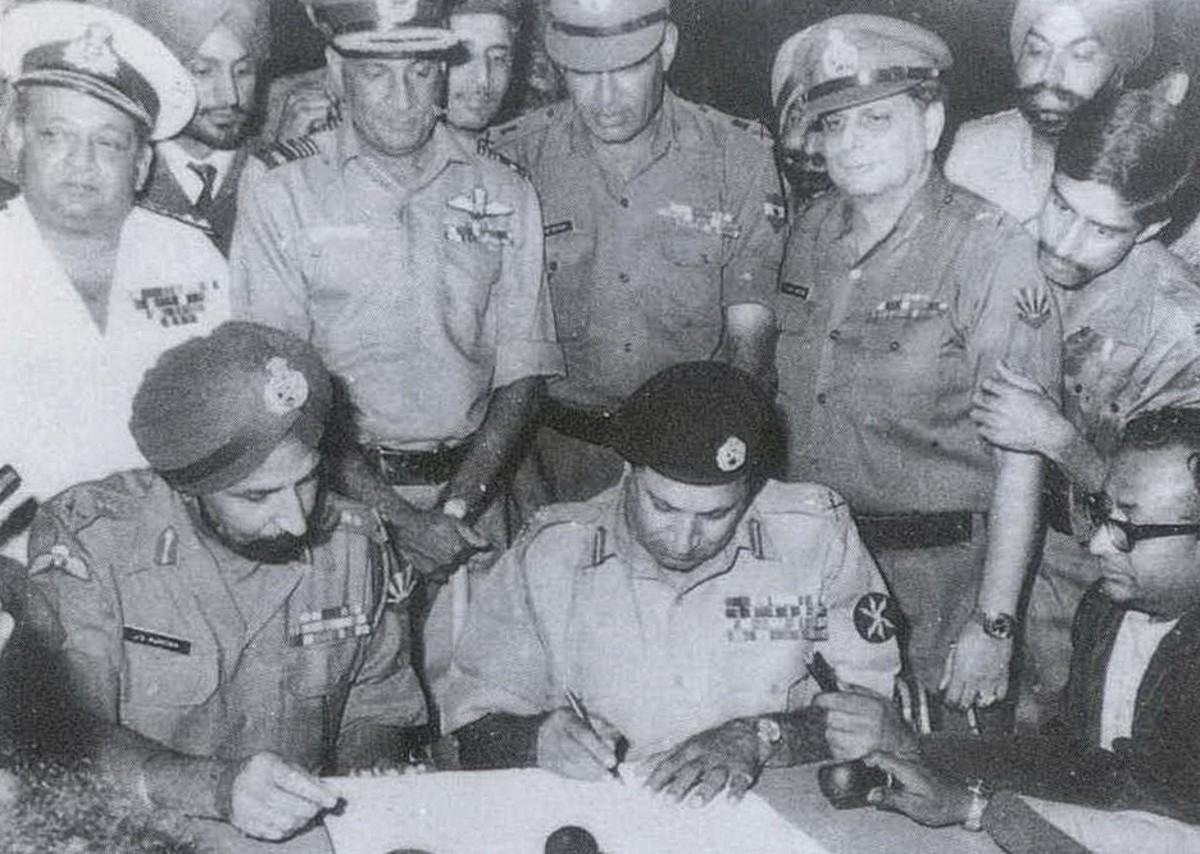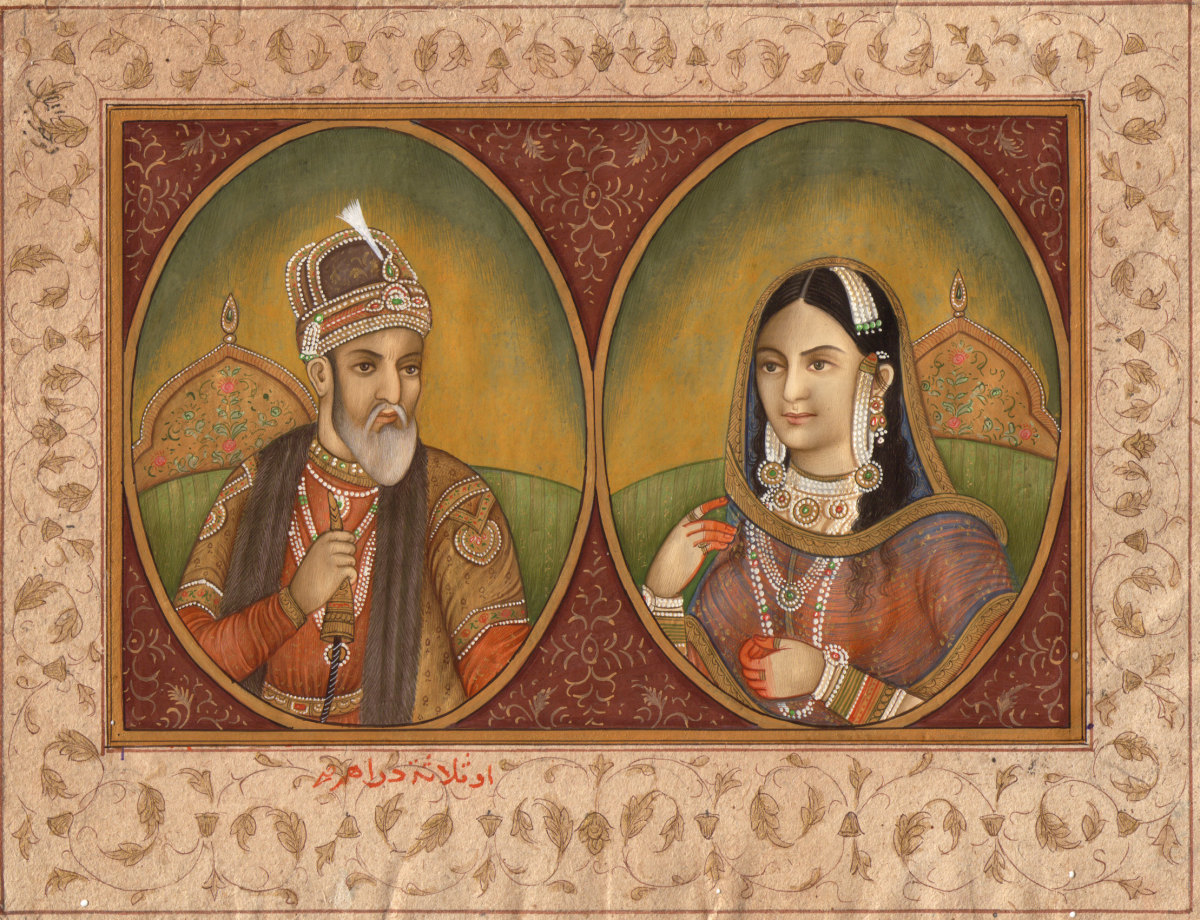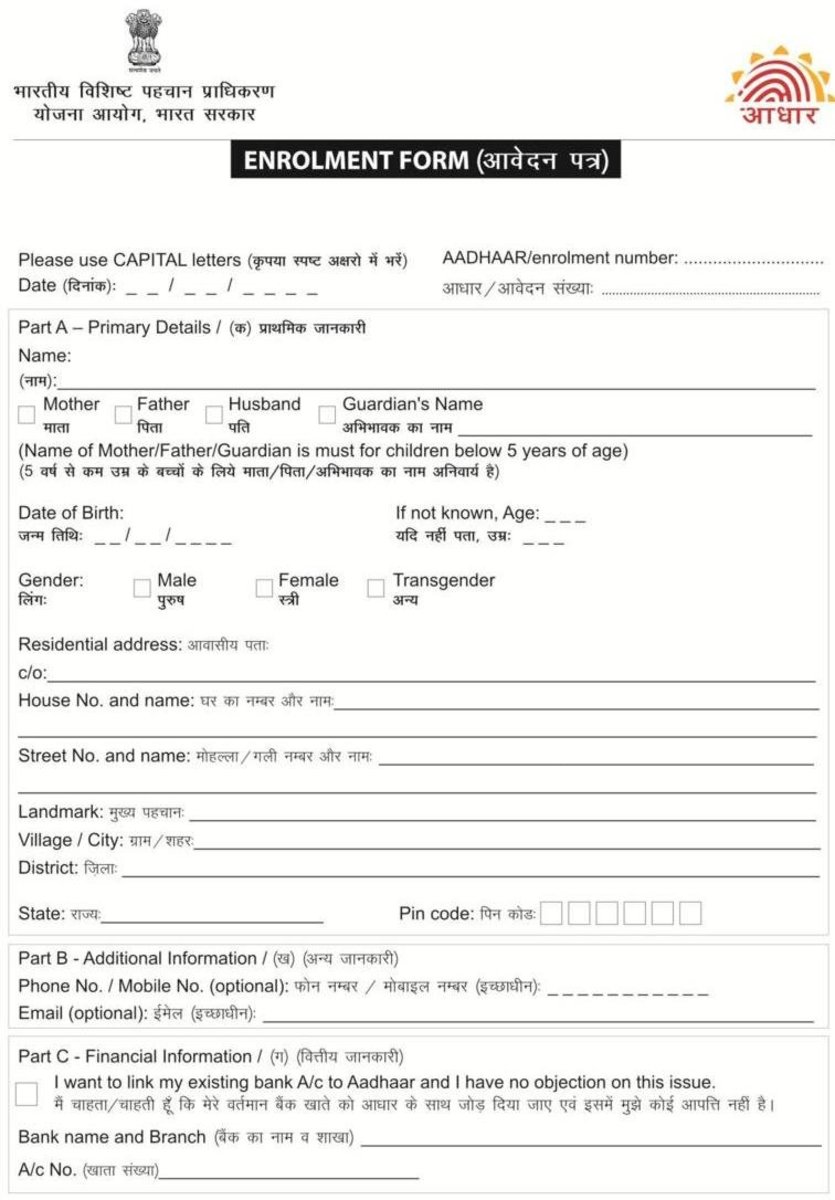Reservation Policy in India- ban or boon
The reservation policy is the policy taken by the government for the upliftment of socially and economically backward classes. The policy of reservation remained an integral part of Public policy of both the British and Princely India. The princely state of Mysore was the first to take note of representation of backward communities.
In British India reservations were provided for minorities. The Morle-Minto reforms of 1909 presented separate electorates for Muslims. The Communal award of 1932 provided representation for Muslims,Sikhs,Indian Christians, Anglo Christians etc.
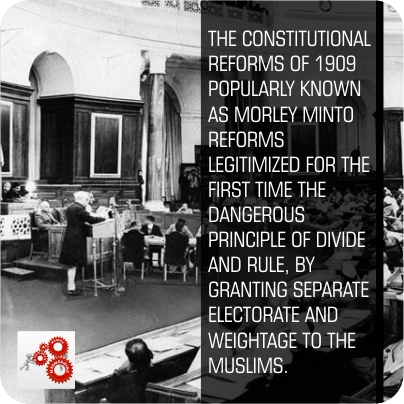
However, after independance, the first law minister of India and the architect of Indian Constitution, Dr. B.B. Ambedkar has tried to make the Indian Constitution, cover all the citizens of India, as embodied in its preamble and relevant chapters on Fundamental Rights. However the Constitution also states, ' The State shall not discriminate against any citizen on grounds only of religion,race, caste, place and birth or any form.'
Dr Ambedkar, was an economist, politician and social reformer who campaigned against social discrimination of dalits, untouchables and women. The feature of untouchability was a stigma to the social mobility in India. Born ,form the concept of purity and impurity, the untouchability prevailed in India for many centuries where some caste(communities) were regarded as untouchables .
Born in such an untouchable society, Ambedkar was denied access to education in School. However, in spite of the hardships of life , Dr. Babasaheb Ambedkar was able to become an emerging leader in his community and later the first law minister of India. He is also called the prime architect of Indian Constitution. He was a prolific student, earning a law degree and various doctorates from Columbia University and the London School of Economics and gained a reputation as a scholar for his research in law.

After independance from British dominion, India was found to be sinking under numerous socio-economic problems. For all-round development of the country, it was necessary to provide additional attention to the poverty stricken weaker section of the Indian society, the economically weak and politically deprived. These groups were identified and categorized as Scheduled Castes(SCs), Scheduled Tribes(STs) and Backward Classes.
The Scheduled caste belonged to the community who were placed at the bottom of its order-Shudras, They were called to serve the upper classes. On the other hand, the Scheduled Tribes were those tribal communities who failed to reap the benefit out of modern civilization.The Scheduled tribe is a homogenous group who lives in different parts of the country.
Reservation policy has its objective the uplift of Backward classes who were victims of the prevalent caste system in India, a nature unique to Indian society. There are three types of reservation policy-against political discrimination,reverse discrimination and compensatory discrimination. Positive reservation involves special treatment to those who are suceptible to exploitation. Reverse discrimination is of vindictive measure, which in other words means discrimination against those who had discriminated a particular class for decades. Compensatory discrimination involved adoption of measures to safeguard the interests of historically disadvantaged sections of people.
Ambedkar wanted constitutional basis for socialism. he put forward the proposal for safeguarding the liberty of the individual. regarding protection of Scheduled castes and Scheduled tribes, Ambedkar wanted to remove the social, economic and political and religious disabilities of the untouchables.
Sc
| Sts
| |
|---|---|---|
2011-12
| 16.6% of population
| 8.6%
|
After Independence, there was a great expansion in school and College education. By law, a certain portion of seats were reserved for the Scheduled castes. By policy, different State governments endowed scholarships for children from disadvantaged homes. According to one estimate, while the school participation doubled in the first decade of Independence, the number of Untouchables in school swelled eight or tenfold. There were many more Scheduled caste students at University than ever before.
The reservation policy of government also increased reservations in employment. There was a massive expansion after 1947, with new positions available in the Secretariat and in Government-run schools,hospitals,factories and infrastructure projects.
There was also reservation in Parliament and state assemblies, where 15% of all seats were filled by Scheduled Caste candidates. Besides, they could influence the outcome of the elections in the unreserved category as well.


